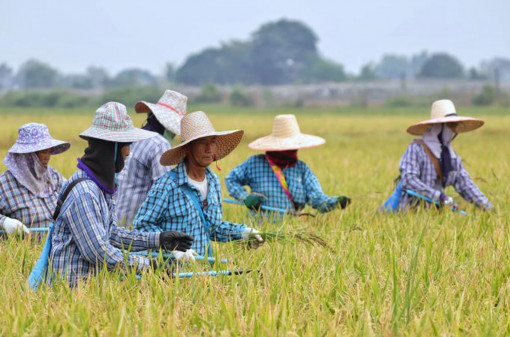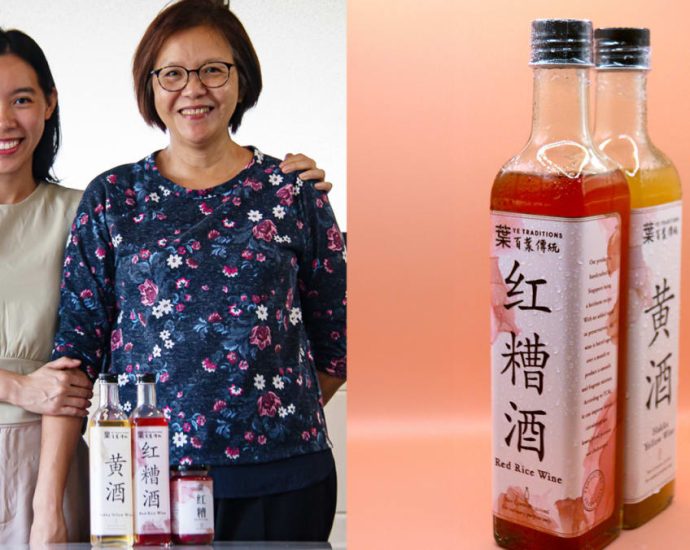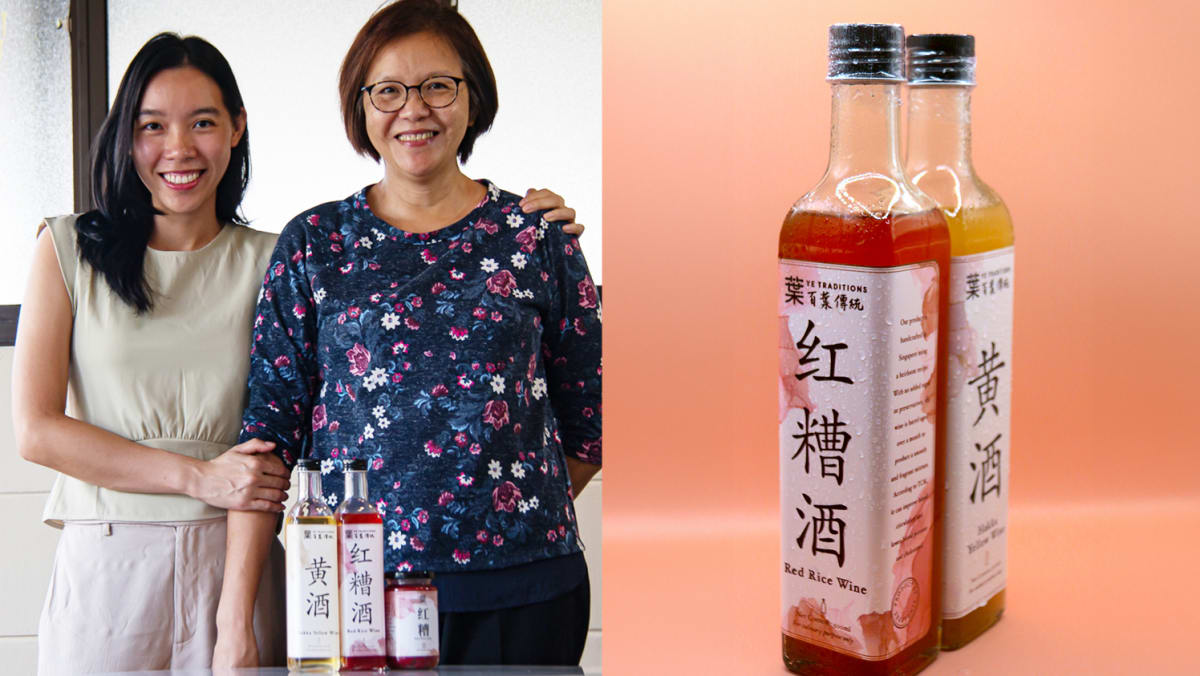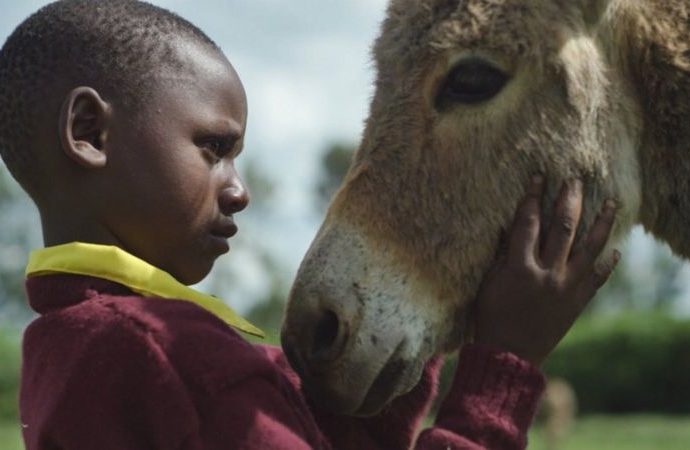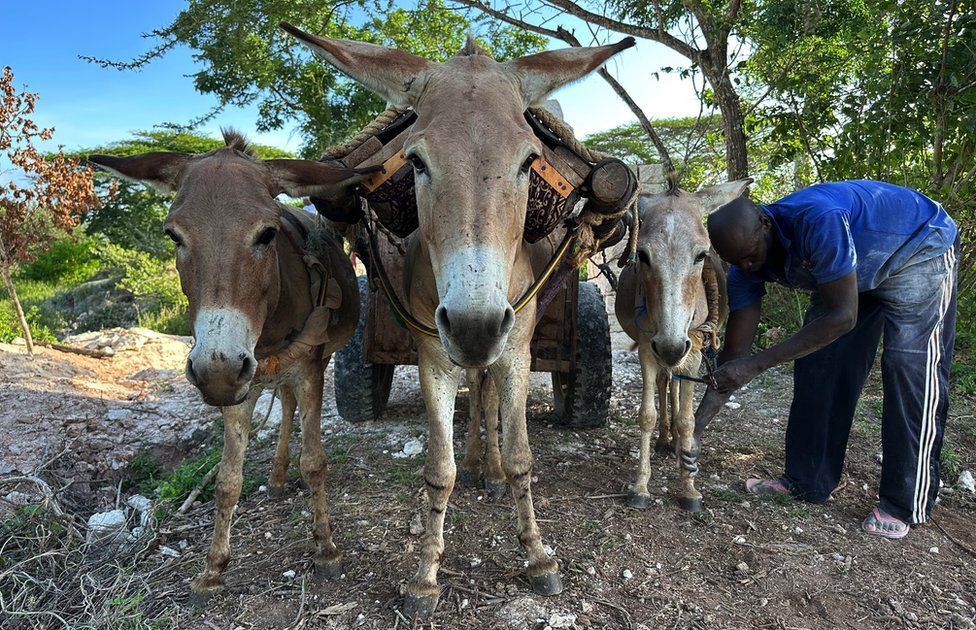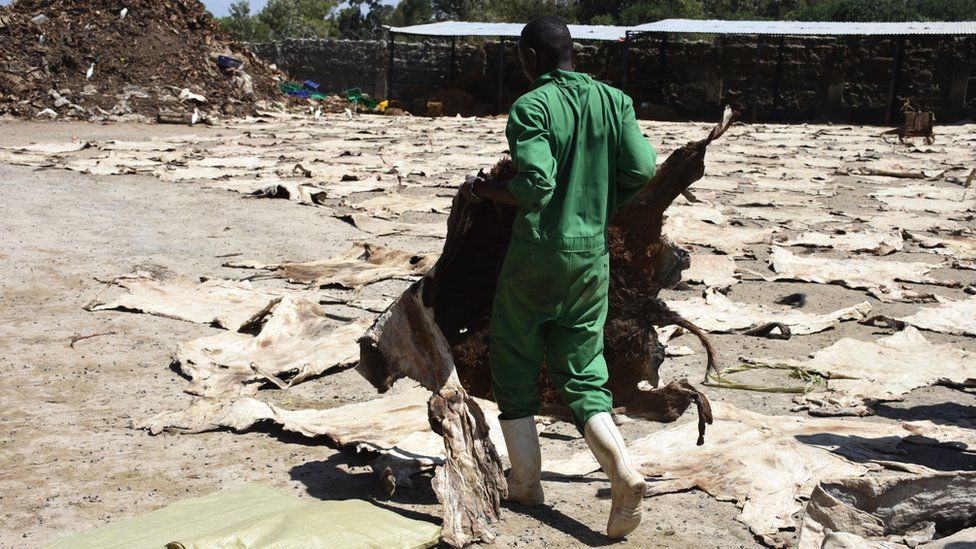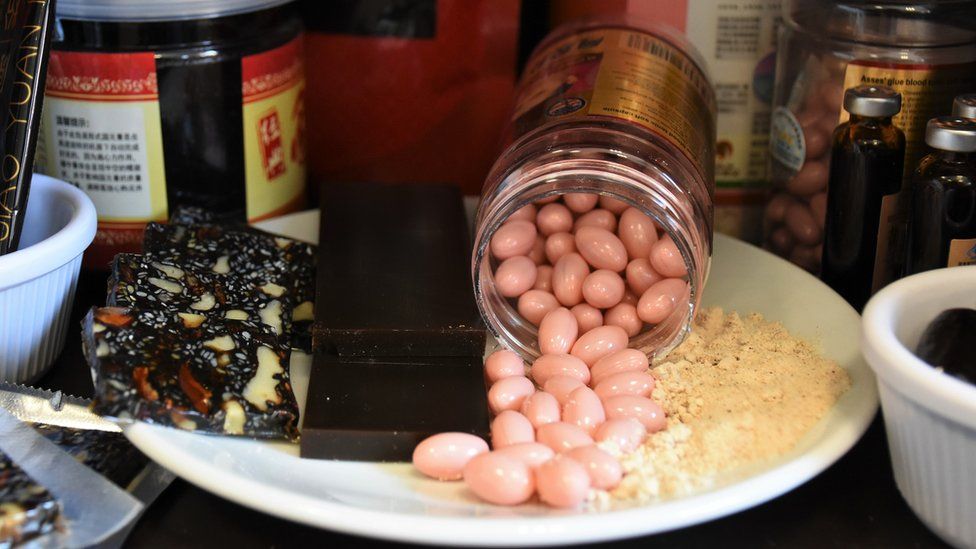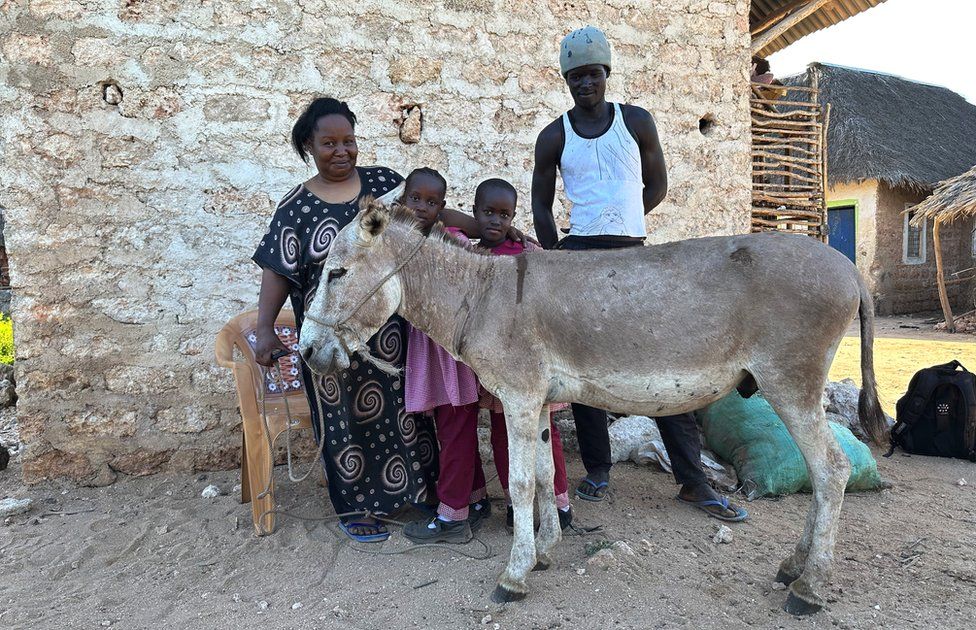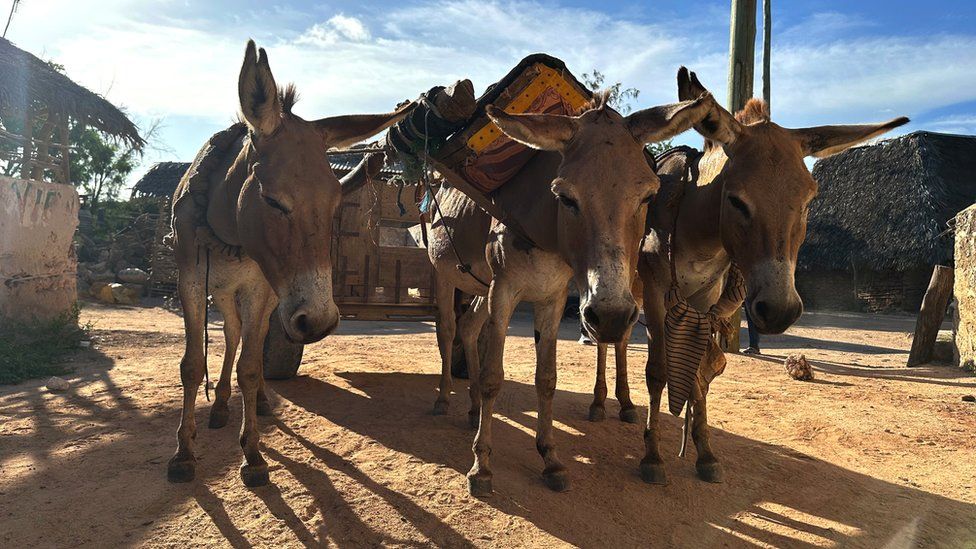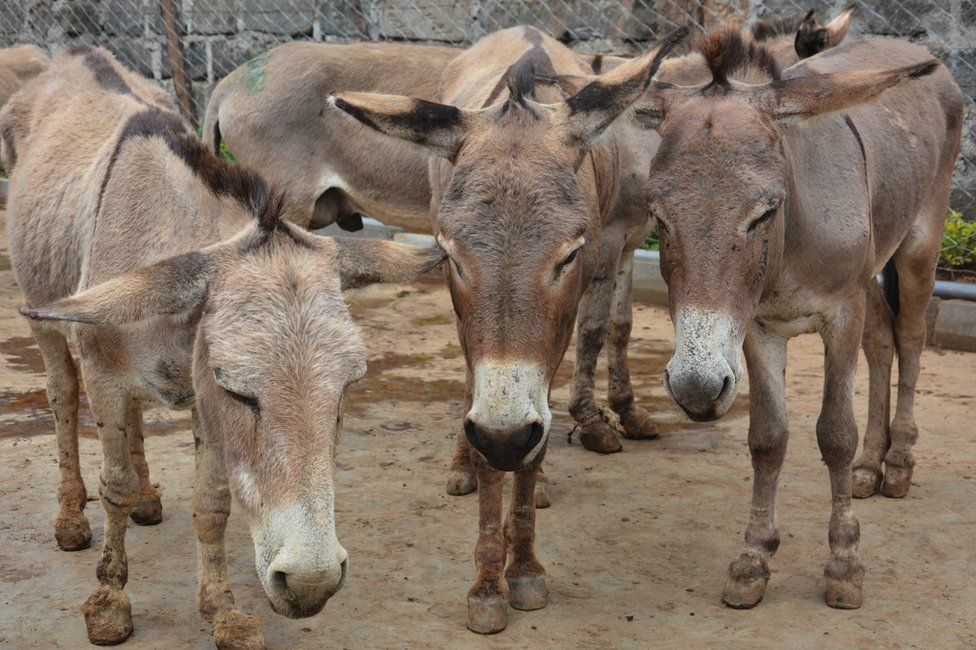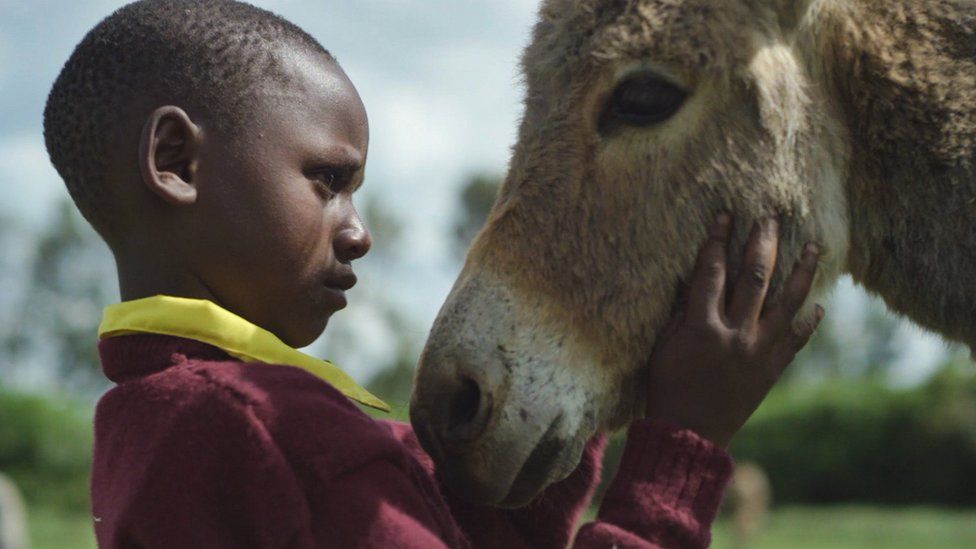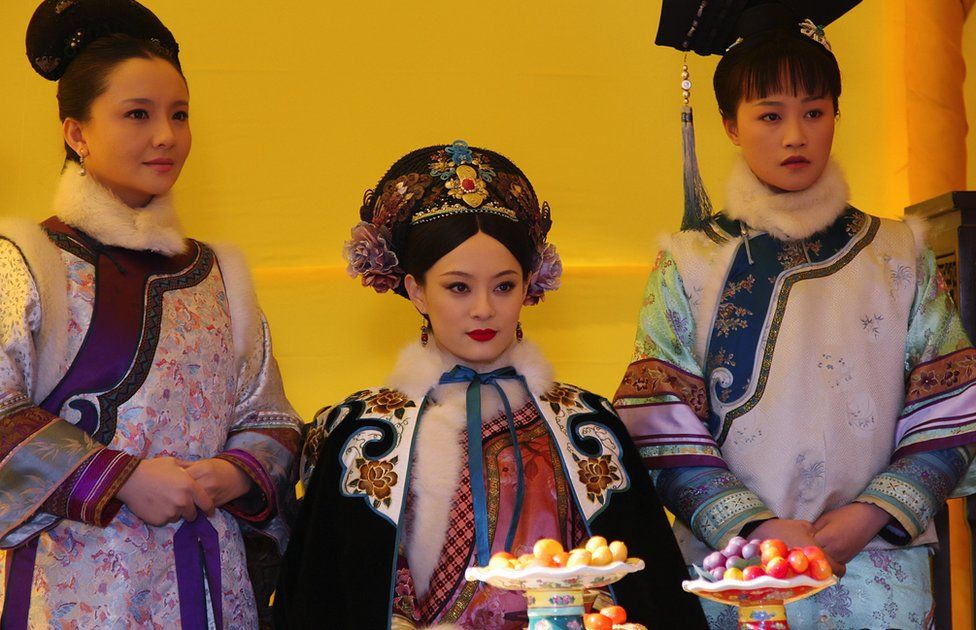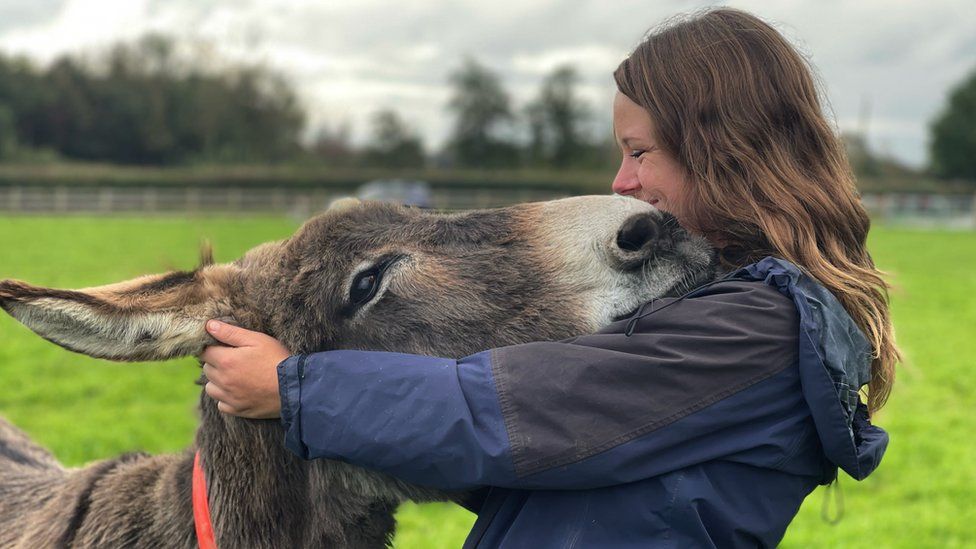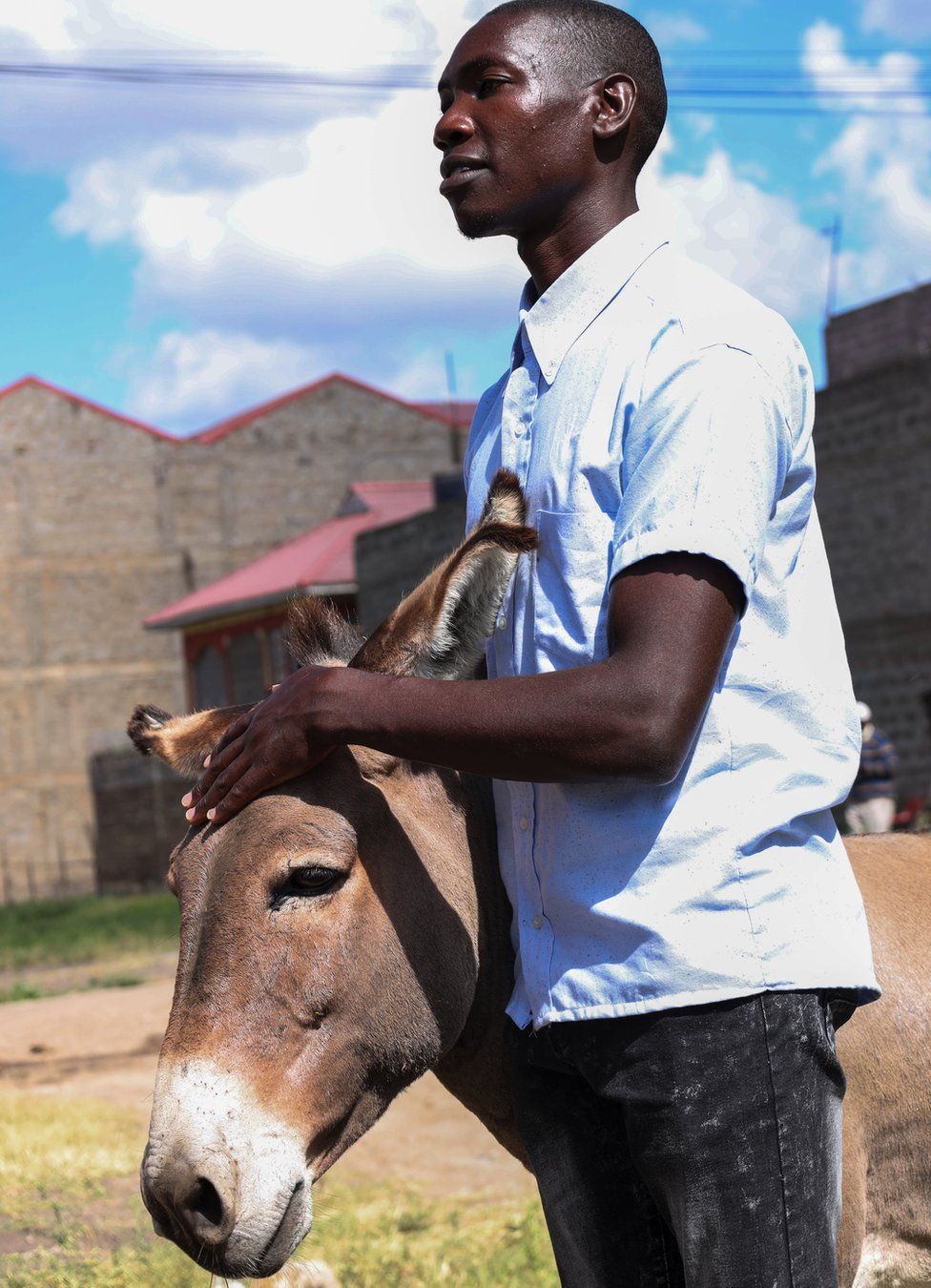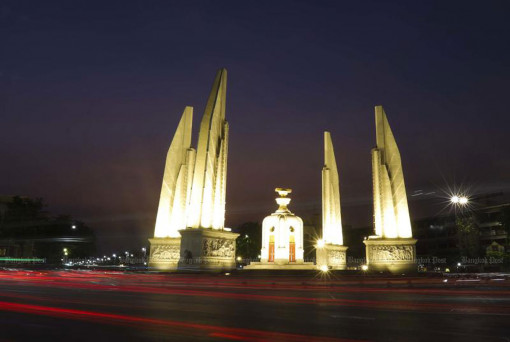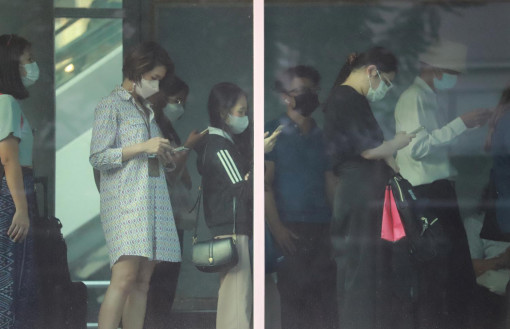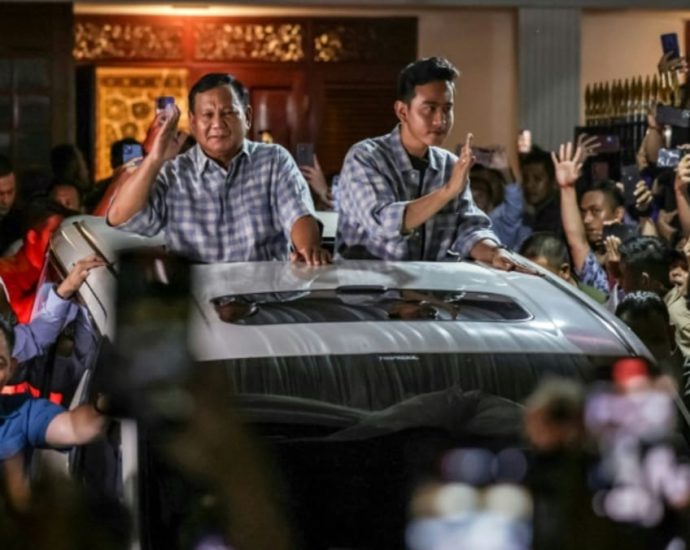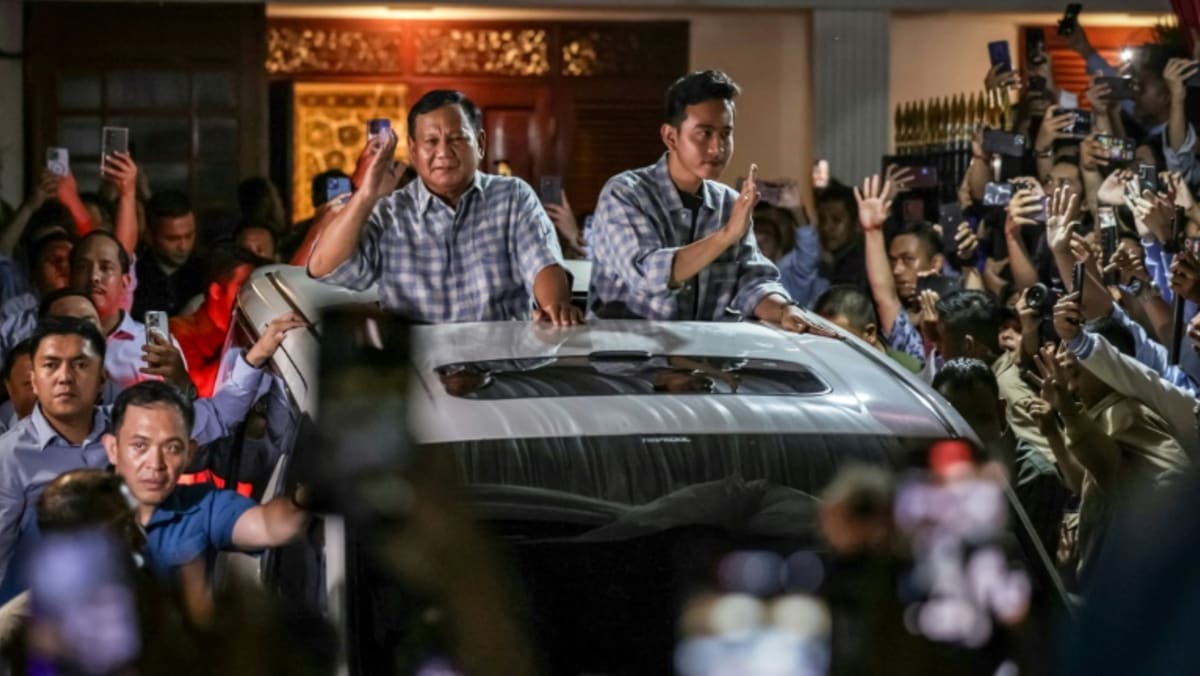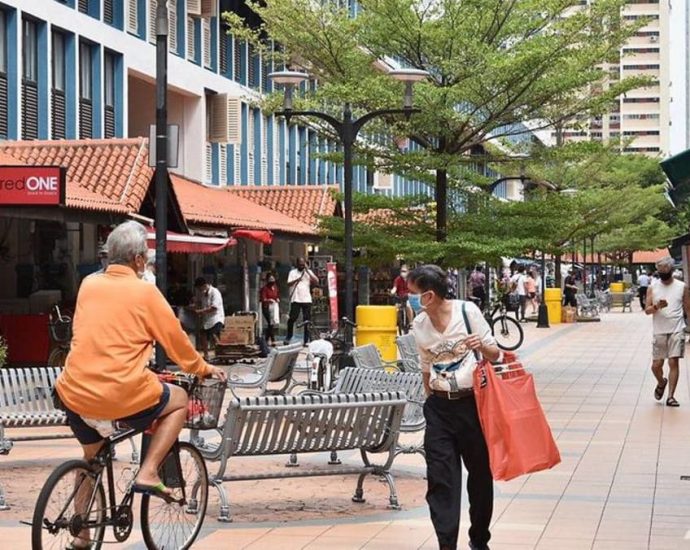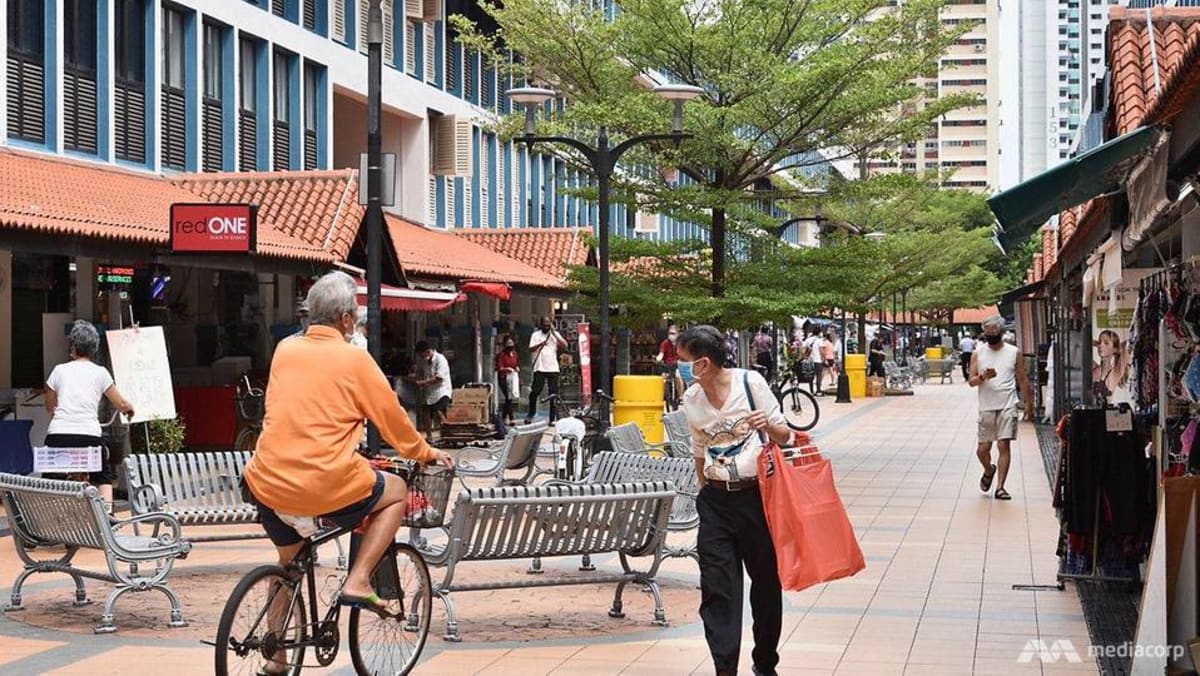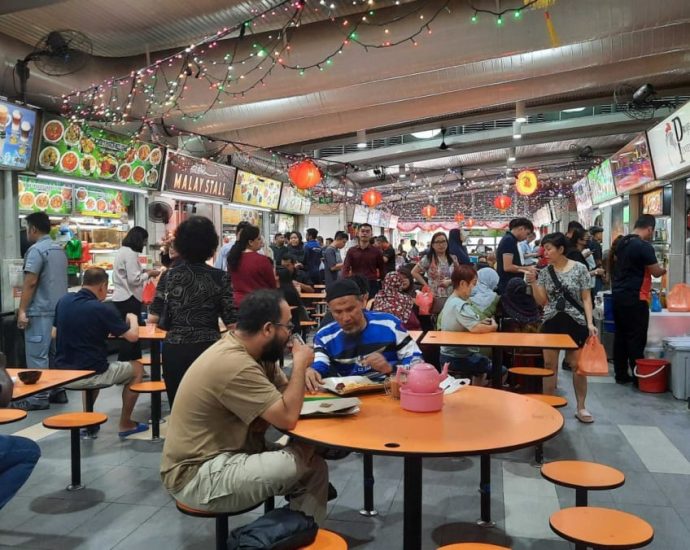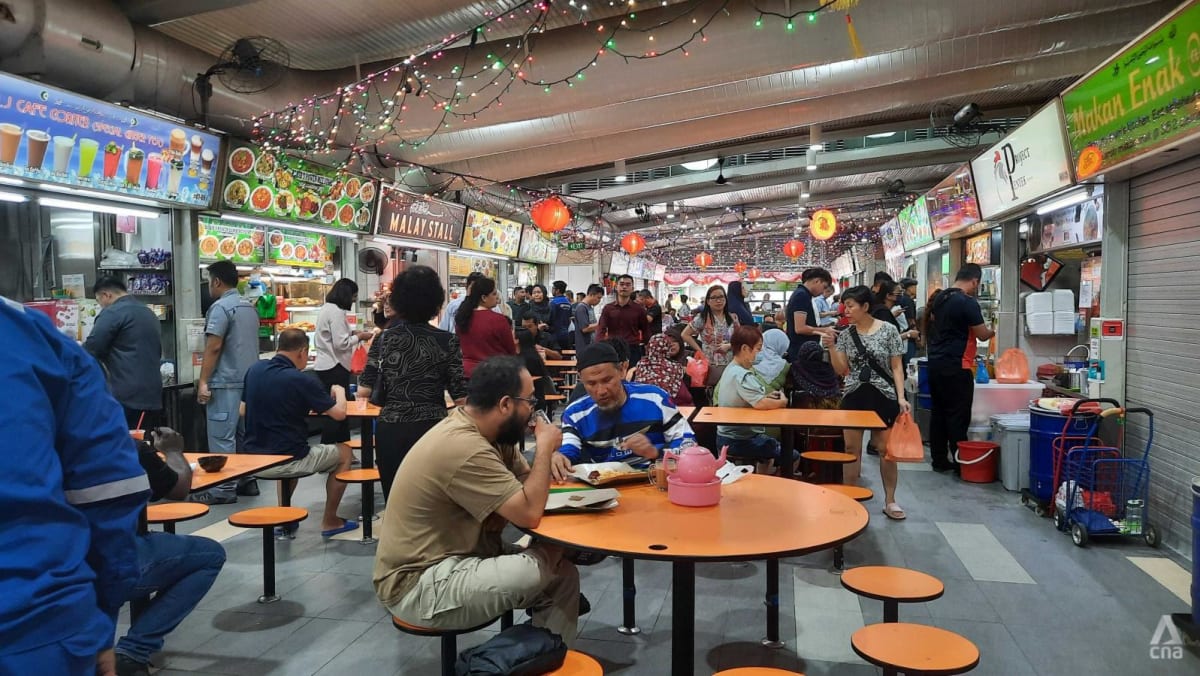Farmers swayed from planting off-season rice
PUBLISHED : 16 Feb 2024 at 06:32

Second-crop farmers are being asked not to grow off-season rice as the national water supply is now low due to the impact of climate change and other factors.
Drought-tolerant crops such as tomatoes, sweet corn, pumpkins, watermelons and peanuts are instead being suggested by authorities as they can yield better profits.
Department of Agricultural Extension deputy director-general Krongsak Songraksa said climate change and a moderate iteration of the El Niño phenomenon have affected Thailand, resulting in a lower water supply in recent years.
A newly adapted water distribution plan is now in place to support plantations where crops have not been harvested, he said.
Roughly 12,627 million cubic metres (51%) of the nation’s water supply has been allocated this year, Mr Krongsak said. The Chao Phraya River delta alone has used 4,496 million cubic metres.
Thus, the water supply may not be sufficient for the second-crop farming of off-season rice.
Mr Krongsak said off-season rice has been cultivated in 10.21 million rai throughout Thailand, with 6.9 million rai in the Chao Phraya basin. The number has already exceeded the government’s 2023/2024 cultivation plan.
The department, therefore, urges rice farmers, especially those in the basin, to avoid second-crop farming and opt for crops that require less water instead.
There are markets for drought-tolerant crops that can generate better income for farmers than off-season rice, Mr Krongsak said.
He said off-season rice requires 1,500 million cubic metres of water per rai while a drought-tolerant crop only needs 30% to 70% as much.
Such crops include tomatoes, pumpkins, watermelons, sweet corn and peanuts. They can be planted in rice fields after the annual rice harvest during the months of November to April.

